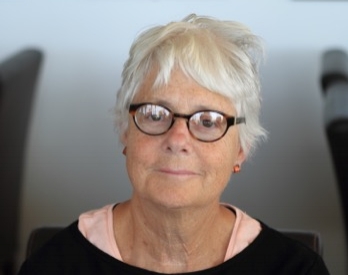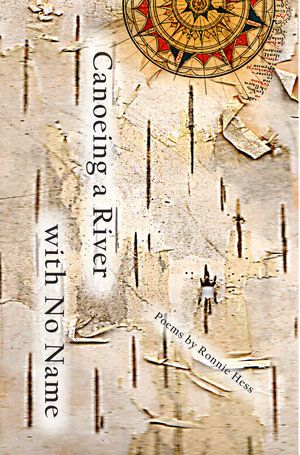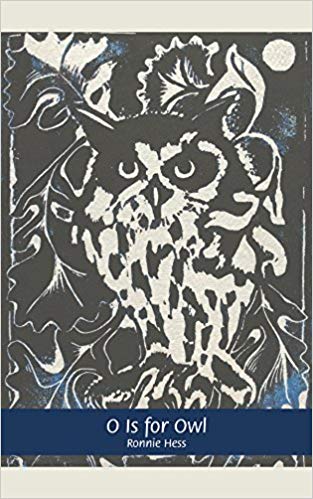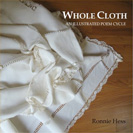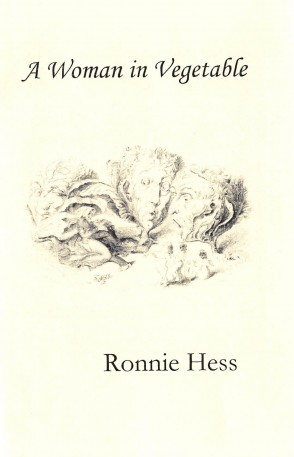Ronnie Hess
CONTACT:
rlhess@wisc.edu
BIO:
Journalist and poet Ronnie Hess began her broadcasting career at Wisconsin Public Radio. In the 1980s, she was a reporter/producer for CBS News in Paris, before returning to public radio in the Twin Cities and Chicago. She is the author of five poetry chapbooks and two award-winning culinary travel guides, Eat Smart in France (2010) and Eat Smart in Portugal (with Joan Peterson, 2017). She lives in Madison, Wisconsin. Her webpage is www.ronniehess.com
PUBLICATIONS:
Canoeing a River with No Name, Bent Paddle Press, 2018; $12. Buy here
O Is for Owl, Borderland Books, 2018; $15. Buy here and info@mysterytomebooks.com
Whole Cloth, Little Eagle Press, 2009; $15.00
Ribbon of Sand, Willet Press Prize, 2014, $10.00
Woman in Vegetable, Kattywompus Press, 2015, $12.00, buy here
Poetry
Conversations on Seeing Kandinsky's Mural
A circle pierced
by a dart, a triangle,
a beak, a blue piece of pie.
Playthings, paintbrushes,
colored pencils, white checkerboards,
someone's big foot,
five toenails painted red.
Three women come and go,
follow the museum guard's orders
to stay within the visible frame.
Who could live in this space,
among these intersecting lines?
Every object becomes
sometime else,
starburst or flower pot,
the underside of a bird,
a green fence.
I could if I had a huge house
like Marietta's. The black
is the more effective ground.
You can see whatever you want,
barbed wire, the boat, the oar,
a horse, a ballerina,
the otter, the dove of peace,
nothing really, nothing,
this fractured, terrified world.
The Farewell
The day he left, he promised he would return for her.
After all, they had worked it out—first he would go,
Followed by the two eldest, then her and the four others.
It would be difficult starting out but he had connections.
Things would get better, she would see. He would write her.
He would send money for the boat tickets, with instructions.
Hadn’t he always been reliable, been a good provider—
Made their furniture, sealed the roof, split the firewood?
Hadn’t there always been enough food on the table, clothes for the children?
He would be back before she even missed him. They would have a better life.
The day he left, as she watched him walk out of the village,
She swaddled the baby in her arms (it was too young to rest on her hip),
While the other children followed him down the dirt path, until he said
“That’s enough now, go help your mother,” and kissed them on their heads.
At night, lying in the dark, listening to the children’s breathing—muted, easy,
Except for the baby’s occasional crying—or to the wind, the brittle leaves flying,
She would think of the husbands who were never heard from, who disappeared
Somewhere in America, who village gossips assumed had married someone else.
At night, lying in their bed, she would remember how candlelight flickered
Across his face, highlighting his dark eyes, his soft lips, how he would trace
His callused fingers across her breasts under her nightgown, then blow out the flame.

